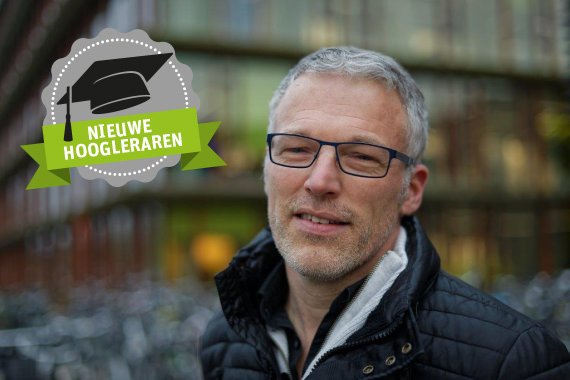Photo Guy Ackermans
Schulte looks at agriculture through the eyes of a biologist. ‘I see a farm as an ecosystem. I see soils, animals, crops, farmers and markets – all links in that ecosystem. And the fundamental question for a biologist is: what is the coherence between those links? And how do we organize a biological system like that efficiently, with enough resilience?
After studying biology in Wageningen Schulte went to work at an ecological research farm for research organization Teagasc, the Irish equivalent of Wageningen Research. There he got his PhD on grass-clover mixtures, and went on to lead soil and environmental research and to develop his vision of a sustainable agriculture sector.
In 2012, Schulte was proposed as scientific advisor to the Irish government in the field of sustainable agriculture. He worked on a government programme together with the ministry of Agriculture and the Food Marketing Agency. ‘Ireland is the first country to have a national sustainability certificate. Ninety percent of Irish food exports already have this certificate.’ Schulte also stimulated the development of a Carbon Navigator for farmers, with which they can figure out for themselves how they can reduce their ecological footprint and earn more money.
So Schulte worked for all farmers and not just for organic farmers. ‘We need to take the next step in making farming more sustainable. In the first phase you had the pioneers who put organic farming on the map; in the second phase this sector was professionalized with rules and certification. But now we need to prevent that same certification from getting in the way of further progress. I see a lot of initiatives that are comparable with organic agriculture but don’t qualify for certification and are excluded. Take permaculture, for instance, or urban farming, hightech smart farming and even insect farming. People pursuing these approaches can all learn from each other. Anyone is welcome to help design new or better sustainable production systems.’

